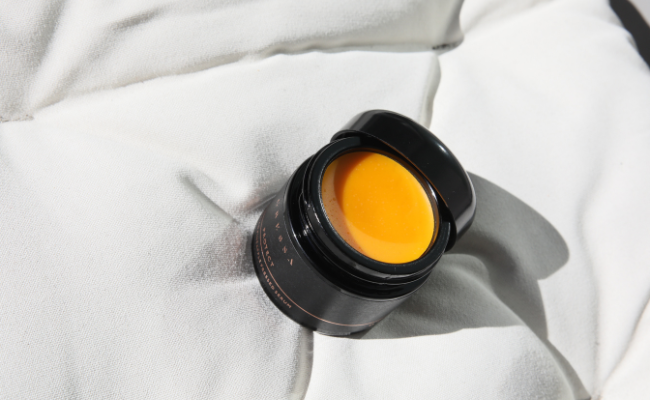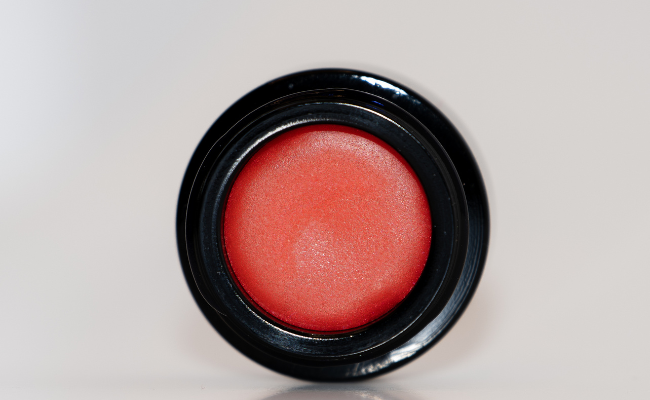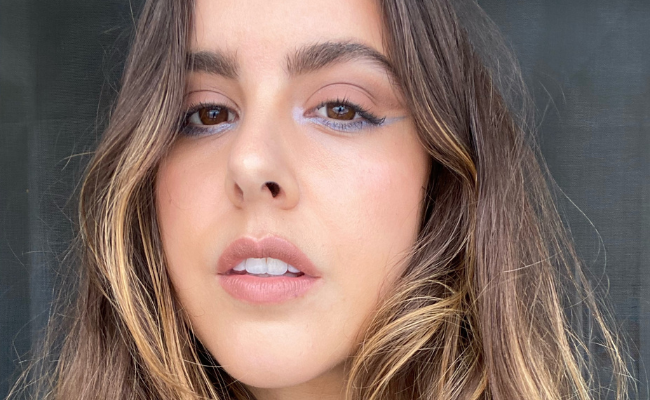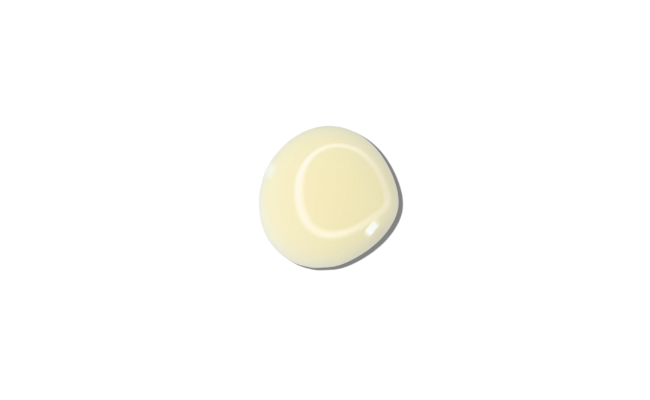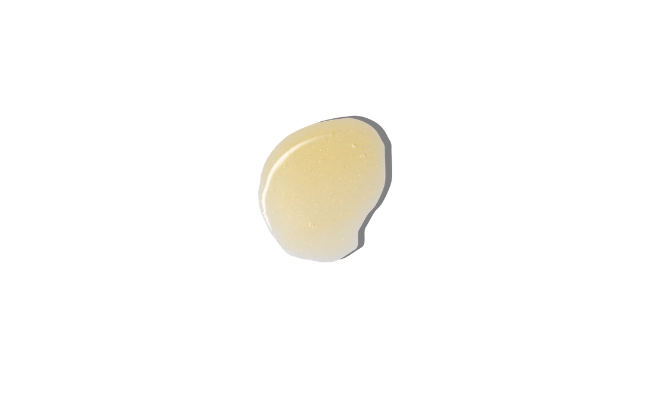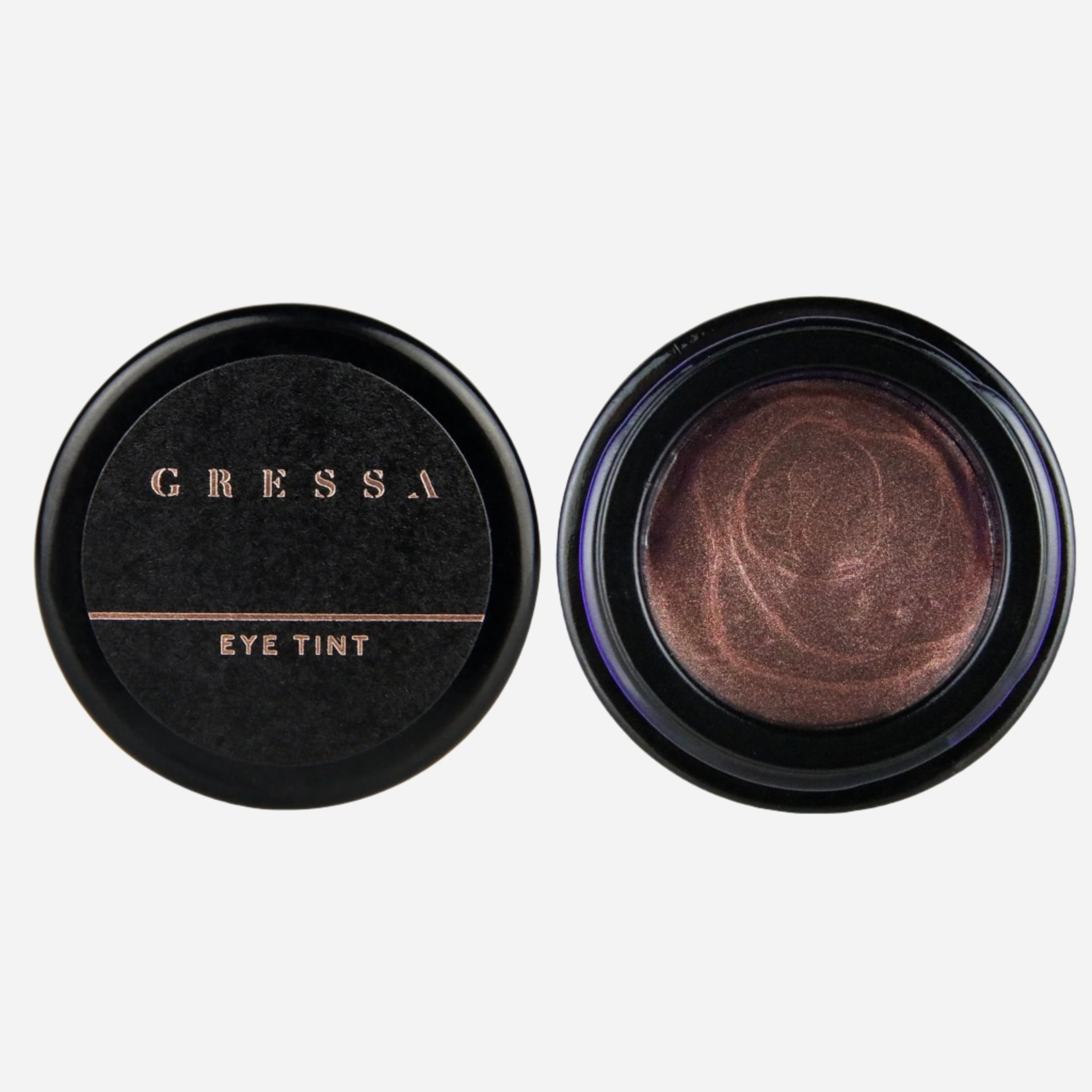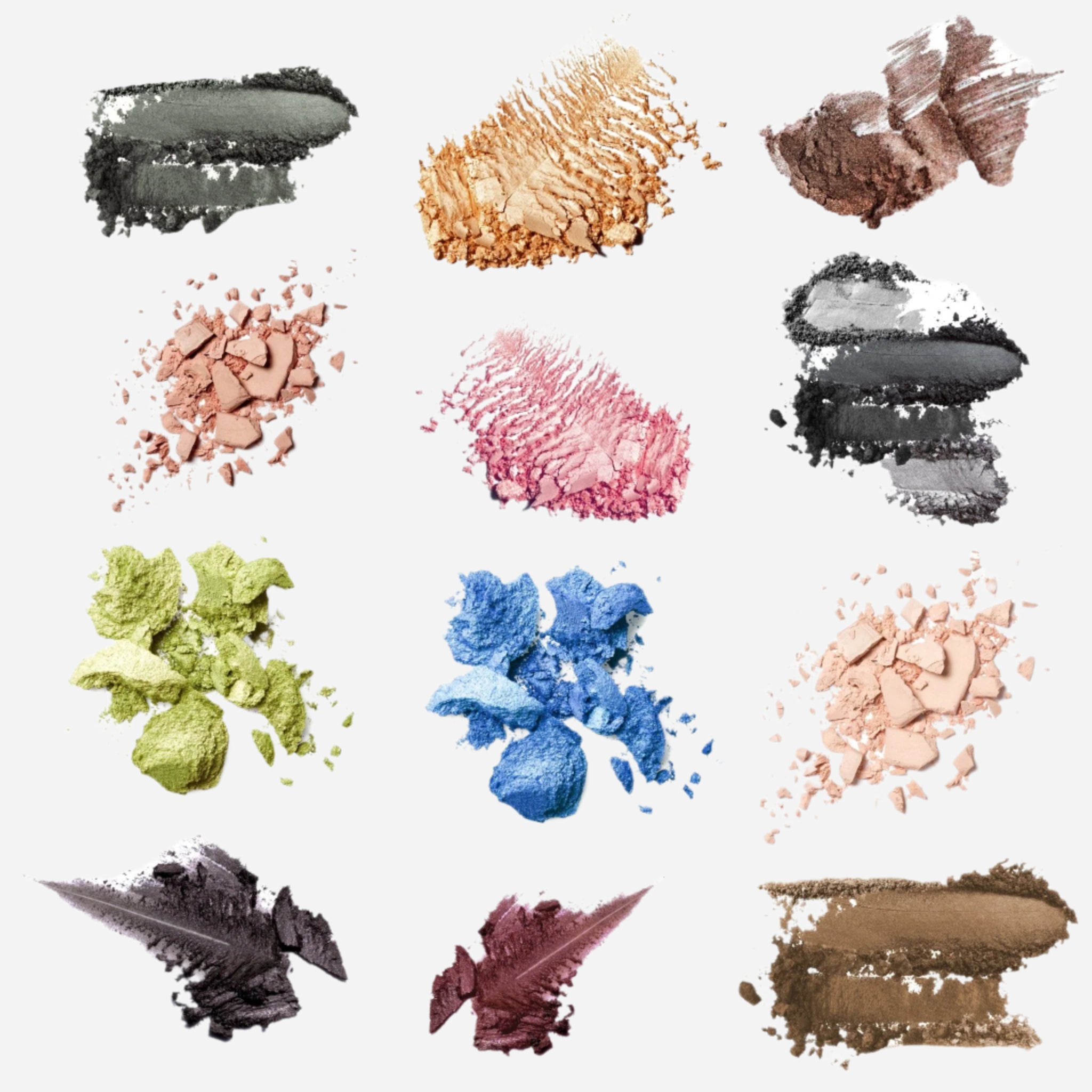intentional skincare | mental health | skin as our "second stomach"
Skin is sacred.
It is also extremely vulnerable.
It is exposed always.
To people, elements, the sun, pollution, weather changes and most of all, chemicals that touch it.
By chemicals, I mean everything. Water is a chemical. Salt is a chemical. Retinol is a chemical. Some are harsh, some change our skin cosmetically to what we may call 'healthy, glowing skin' but, in fact, it may be the very opposite.
Healthy skin is resilient skin. Resilient skin can still have some breakouts, lines, hyper-pegmentation. Skin exhibiting textures, breakouts, etc is simply talking to us.
Think of your skin as the best communicator you've ver had. It shows you everything.
If you tune in, it does.
That's where Intentional Skincare comes in.
Our skin needs very little. But the 'little' must pack a good punch of ingredients that are simple that your skin will recognize (it's an intelligent organ!).
Our skin is in desperate need to be touched. Daily. Warm hands, a few drops of warmed up Balancing Cleanser and a massage ritual to slow down, come to a place of just 'being', connecting with yourself through a simple self-caring ritual. That is what Intentional Skincare is about.
I'm pretty sure I've sounded crazy before when I've asked clients "have you talked to your skin lately?"
But, you can't knock it 'til you try it. Talk to your skin. Connect to it and love it. Really love it as it is today. And, in time, it will love you back.
How our skin looks has a direct psychological effect on how well we are. “Good skin days” are good days. Inflammatory skin conditions such as psoriasis, eczema, acne, rosacea affect our daily mood. We’ve all been there.
This is when I love to point out that our imperfections connect us closer to one another. I mean, no one ever says “WOW, you have such perfect skin! I do, too! I’m so happy you exist and validate my existence!” But we have, perhaps said: “I have had cystic acne in the past, I know how painful it is.”
I love pointing it out precisely because the feeling of not being alone in an experience that helps us get through it.
As science slowly catches up to what the spiritual parts of our hearts and souls inherently knew, in comes the new medical field of psychodermatology.
What psychodermatology connects our mental health to our skin health. Without any surprise, we are learning that Aesthetic medicine and altering our physical appearance, indeed present itself with ‘tendencies toward social anxiety disorder, body dysmorphic disorder, charismaphobia, generalized anxiety disorder, major depressive disorder, histrionic personality disorder, gerascophobia, and narcissistic personality disorder.’
So, what I promote is not to totally push back on plastic/cosmetic industry but instead ask yourself ‘WHY?’ Why do I feel like injecting my lips to appear larger will help me ‘feel’ like I am happier about myself. Why?
Examining our intentions with our approach to beauty will reestablish our connection back to ourselves. Connection is always the missing piece to self-love. Not necessarily a needle.
I believe Intentional Skincare isn’t ‘result driven.’ I believe it is connection driven.
To explain what I mean by this, let me circle back to mental health. In neuroscience, our gut is called our ‘second brain.’
‘The feeling of “butterflies” in our stomach when we prepare to give a presentation, stress-induced stomach ulcers, emotional eating, and even our intuition showing up in the form of a “gut feeling,” all provide clues that the brain and gut are talking to each other.’
So, if our stomach and brain are connected by chemistry, so are our stomach and skin.
To take our skin-as ‘second stomach’ approach means to looking at skin-stomach-brain as an integrative mechanism. Once we look at it that way, it won’t be long that we will return back to Intentional Skincare.
In comes microbiome in our gut that’s affected If our stomach’s microbiome is essential for our overall health. Mental, physical and yes, cosmetic.
We now know that the gut microbiota is linked to emotional behaviors thought to represent symptoms of both depression and anxiety, and because the gut microbiota is highly influenced by diet, diet can influence this relation.
The gut microbiota is directly affected by the food we eat, because our food is ultimately its food.
‘Our gut microbiota, in turn, affects our inflammatory state by breaking our food down into compounds that modify immune cells. So when we talk about diet, we are really talking about an entire downstream cascade of events which can manifest in poor health status when imbalanced. That imbalance can also affect our brains.’ And then, we circle back to brain-stomach-skin connection.
This is all very new. I am learning daily as both areas of gut-brain axis as well as psycho dermatology are so new. But, if I put all clinical studies aside and just tune in with intention, I hear all the answers. You will, too.
Today, make a ritual of cleansing our face. Take your time and connect with your skin. After all, it’s good for your stomach.
With love and intention, Svetlana






